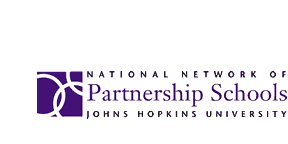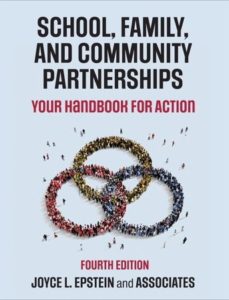Let’s start with vocabulary. Just about every state, district, and school policy asserts that children’s education is a shared responsibility of home, school, and community.
When schools are closed, teachers prepare, distribute, and collect students’ lessons on school subjects. Parents guide their children to complete their schoolwork at home, talk with them about their work and ideas, and have time for fun and family connections.
NNPS DON’TS AND DOS
DON’T put impossible burdens on parents. Remember: Most parents are NOT home-schooling in the official way that a small percentage of parents do year round.
Yes, parents are their children’s teachers in many important ways, but children are still enrolled in school with the teachers they had for the first six months of the 19-20 school year. Their teachers are still in charge of teaching their students school skills until the end of the school year.
DON’T tell parents to “do the job of teachers.” That is not fair and not possible. Parents are not being paid to do teachers’ work in making assignments for every child in every subject at every grade level.
Yes, as partners in education, parents are valuable in motivating students to complete assignments given by teachers. They can have great conversations with students about what they are learning, what they think, and how they feel. And, yes, parents can do more than anyone else to help students relax and enjoy learning many “family-skills” and individual talents at home.
DO use language that is accurate and fair for all students. Distance learning is a more accurate term for students’ assignments than online learning. All students are distant from school, but some students—a higher percentage than you think–do not have reliable Internet access. It is particularly important for teachers to provide some (or all) children with low-tech/traditional assignments (e.g., paper packets of assignments, telephone, art-based, or TV-based communications). High-tech (online) and low-tech (traditional) assignments all aim to keep students learning when schools are closed. See the March Blog on the NNPS website, www.partnershipschools.org, for examples of useful websites for online learning and for a list of low-tech/traditional activities.
NNPS Bottom Line. Education is a shared responsibility of school and home, teachers and parents whether school buildings are open or closed. During the COVID19 crisis, teachers must:
- Prepare online and/or traditional assignments in school subjects for their students.
- Check in with their students and families on a regular, mutually agreed on schedule with a daily or weekly message.
- Connect with parents to discuss ideas for supporting students on school assignments, and to discuss parents’ ideas and questions as they observe and interact with their children on schoolwork.
- Let students know how their schoolwork will be collected and graded for credit (even “pass” or “incomplete”) so that students will know they are progressing to complete this school year and move on to the next.
Parents are doing the most important supervision of their children, supporting and discussing school assignments, and teaching family life-skills to keep their children healthy, happy, and learning during the time of COVID-19 when schools are closed.
Send your comments or questions about this Bloglet to:
Joyce Epstein, jepstein@jhu.edu
Steve Sheldon, ssheldon@jhu.edu

